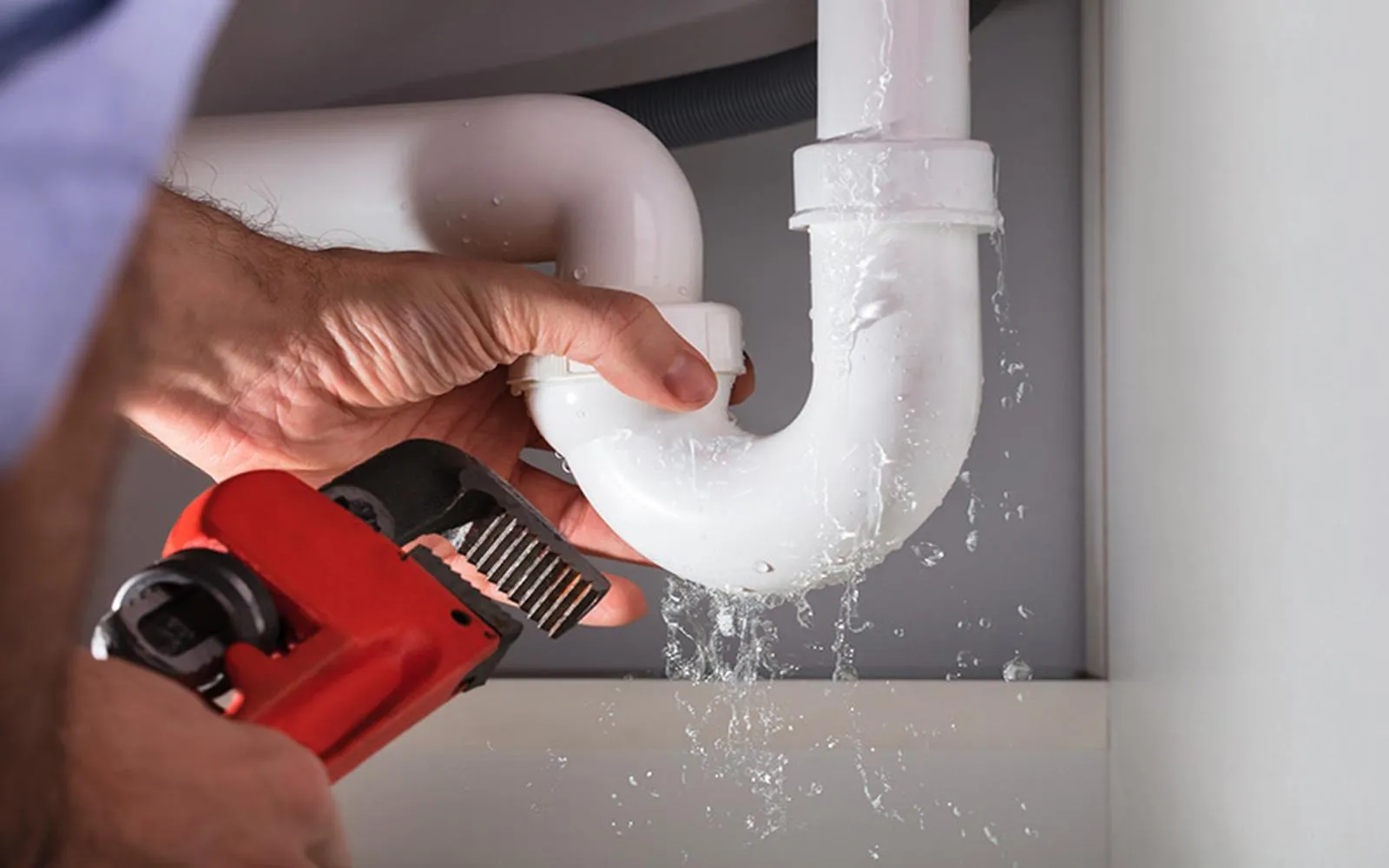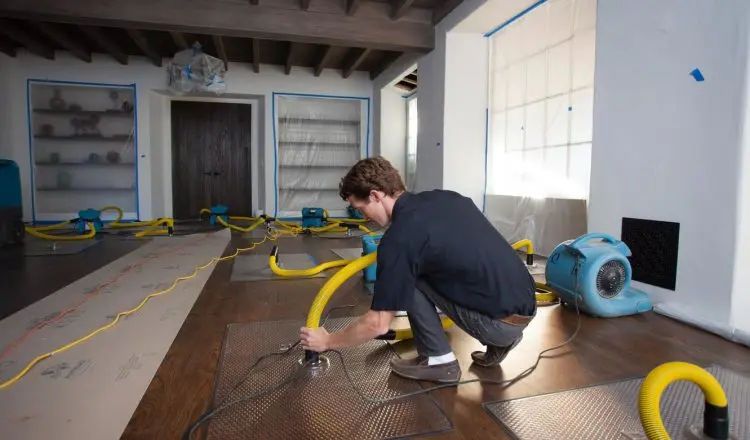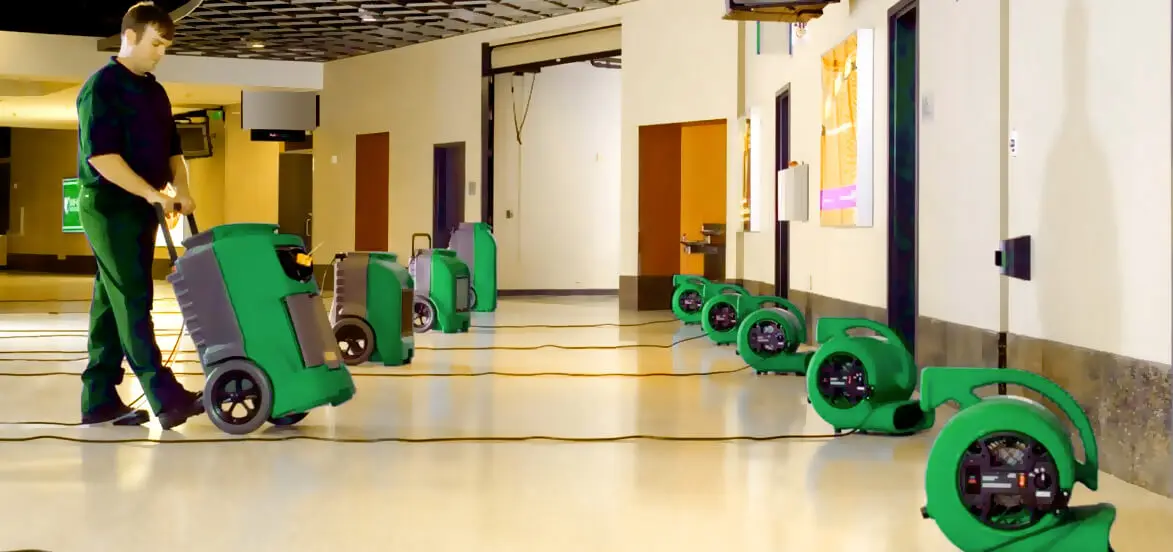
Common Causes of Water Leaks
Water leaks can happen anywhere in your home. Understanding their origins is the first step toward effective repair:
- Worn-out pipe joints
- High water pressure
- Clogged drains or toilets
- Damaged appliance hoses
- Aging water heaters
- Roof leaks during storms
- Poor sealing around windows or doors
How to Detect a Hidden Water Leak
Not all leaks are obvious. Here are some telltale signs:
- Unusually high water bills
- Musty odors or mold
- Wet spots on ceilings, walls, or floors
- Peeling paint or wallpaper
- Running water sounds when all fixtures are off
Use these signs to inspect your home and narrow down the leak location.
DIY Water Leak Repair Tips
Some minor leaks can be fixed without calling a plumber:
1. Tighten Loose Connections
Use a wrench to gently tighten fittings under sinks or at pipe joints.
2. Patch Small Holes
Epoxy putty or rubber pipe repair tape can temporarily stop leaks on metal or PVC pipes.
3. Replace Washer or Cartridge
A dripping faucet may just need a new rubber washer or cartridge—both inexpensive and easy to install.
4. Use Caulk or Sealant
Apply waterproof caulk around windows, tubs, or sinks to prevent leaks during rain or spills.
⚠️ Pro Tip: Shut off the water supply before beginning any repair.
When to Call a Professional
Some leaks are best left to licensed plumbers, especially if:
- The leak is behind a wall or ceiling
- There's mold or structural damage
- Pipes need replacement
- The leak is near electrical systems
Delaying professional help can lead to higher costs down the line.
Preventing Future Water Leaks
Prevention is key to avoiding costly damage. Here's how:
✔️ Inspect Plumbing Regularly
Look under sinks, behind appliances, and around your water heater for early signs of wear or corrosion.
✔️ Lower Water Pressure
High pressure stresses your pipes. A water pressure regulator can keep it below 80 psi.
✔️ Upgrade Old Pipes
Older homes with galvanized or polybutylene pipes should consider modern PEX or copper piping.
✔️ Install a Leak Detection System
Smart water sensors alert you via phone if a leak is detected—some even shut off your water automatically.
✔️ Clean Gutters and Downspouts
Backed-up water can seep into your roof or foundation if not directed away from the house.
What to Do After a Leak
If you've experienced a significant leak, follow these steps:
- Shut off the main water supply
- Dry the area thoroughly with fans and dehumidifiers
- Inspect for mold and remove any wet materials
- Document damage for insurance claims
- Call a professional if unsure about the extent of the damage
Conclusion
Water leaks can escalate quickly if not addressed properly. By knowing how to spot the early signs, applying quick fixes, and taking preventive steps, you can protect your home and avoid expensive repairs. For anything beyond a basic DIY repair, consulting a licensed plumber ensures the issue is resolved safely and permanently.



